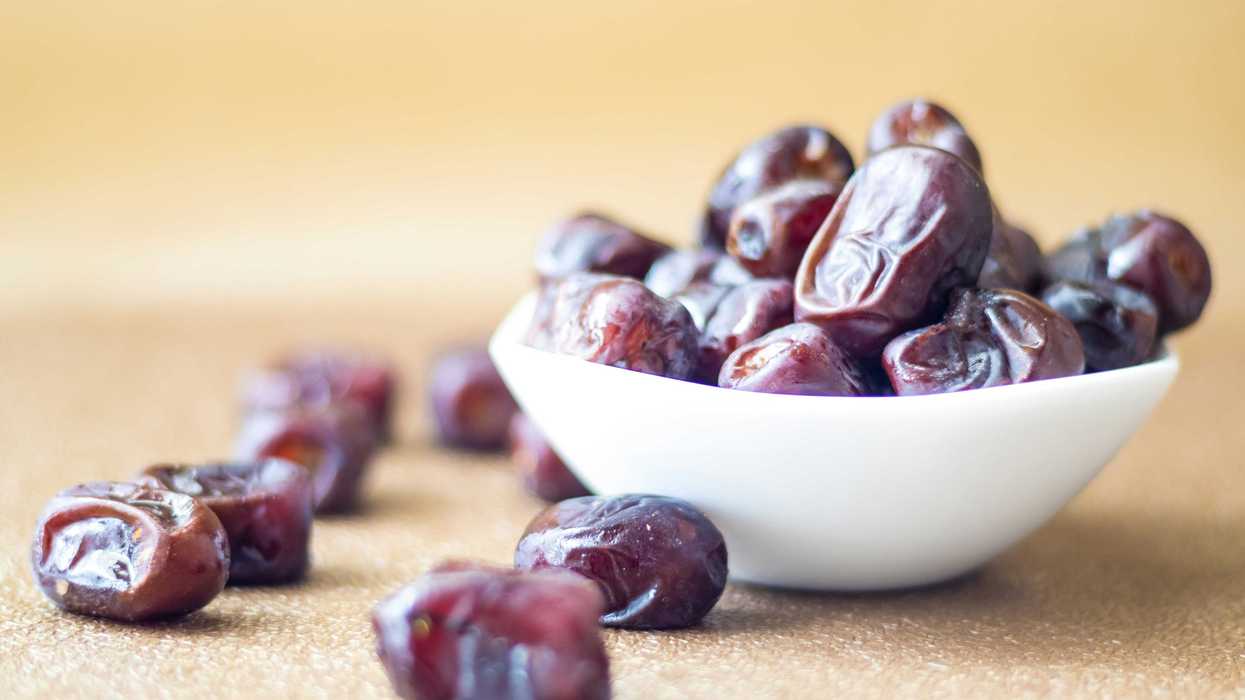New pesticide regulations, which relaxes restrictions on the sale and use of a wide range of agrochemicals, raise concerns over Amazon biodiversity and human health.
André Schröder reports for Mongabay.
In short:
- The new law reduces restrictions on pesticide use, even for those banned in the EU. It also It also weakens the role of health and environmental agencies in pesticide regulation.
- Pesticide use has surged in the Amazon, with fungicide mancozeb increasing by 5,600% and herbicide atrazine by 575% over the last decade.
- Experts warn of severe impacts on biodiversity and risks to Indigenous communities.
Key quote:
“Dangerous pesticides are directly affecting human lives and the environment. There is violence associated with the use of agrochemicals, a chemical war that expels Amazonian populations from their lands and poisons all forms of life.”
— Sonia Corina Hess, chemical engineer and retired professor at the Federal University of Santa Catarina.
Why this matters:
Pesticides, designed to protect crops from pests, have unintended consequences when they seep into the environment. The Amazon's intricate web of life is delicate; even small disruptions can have cascading effects. These chemicals can contaminate water sources, affecting fish populations that many Indigenous tribes rely on for sustenance. In addition, the health implications for people exposed to these toxins include respiratory issues, skin diseases and long-term chronic illnesses such as cancer.














